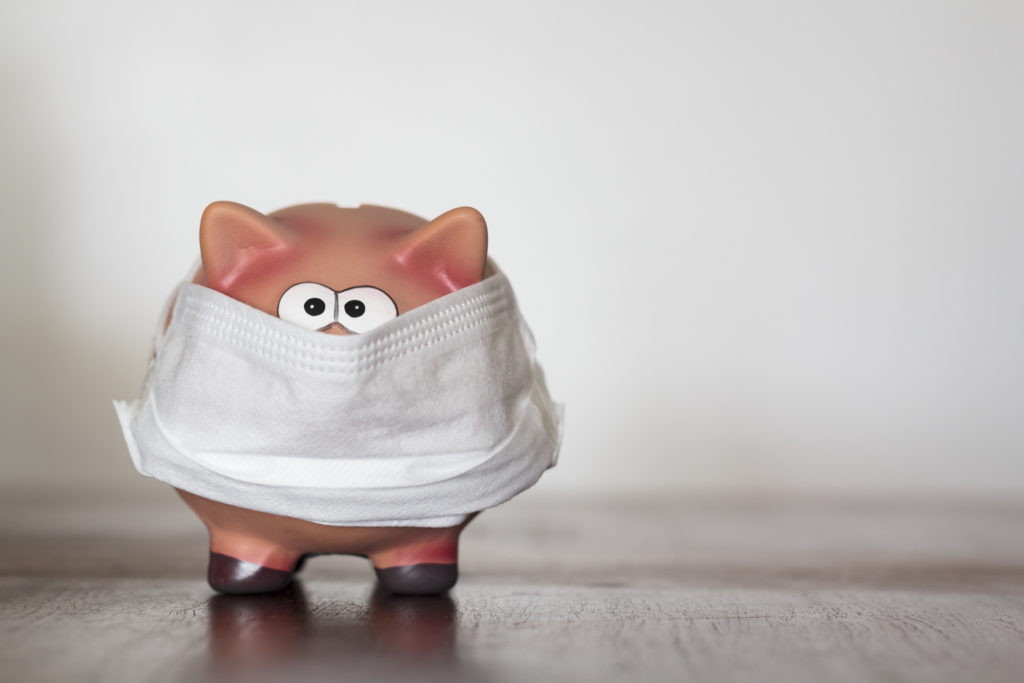
When economic conditions are uncertain, we get a lot of calls from people debating whether they should sell the home they own and rent.
Selling your home when the market is active (like right now), is a viable strategy to lock in your returns and pull out your equity. Let’s say you bought your house for $650,000 and it’s now worth $1.1 million…hooray! It might be tempting to sell it, pay off the mortgage and pocket the money; rent for a year or two while the market (hopefully) softens and then buy again when prices go down. Sounds like the perfect plan, right?
If only it was that straightforward. If only it was guaranteed to be profitable.
The Sell and Rent strategy comes with some big watch-outs:
1. Nobody knows where the market will go.
Toronto’s real estate market might go up, it might go down, it might stay kinda-the-same. A recession caused by a pandemic hasn’t happened in 100+ years and current economists can’t predict what’s going to happen. While prices might go down, it’s just as likely that they’ll go up. Over the years, we’ve seen more than a few people price themselves out of the Toronto market because the market crash they were hoping for, didn’t happen.
2. It’s almost impossible to time the market.
This was true even pre-pandemic. We only know that the top or bottom of the market was reached after the opportunity has passed. If ordinary people could accurately predict market peaks and valleys, we’d do it in the stock market too and we’d all be millionaires.
3. It’s expensive to buy and to sell.
In between land transfer taxes, real estate commission and legal fees, you may be walking away with less than you expect. And if you buy a similarly-priced home in a year or two? That’s a lot of $$ to spend to live in a similar home. (Related: How Much Does it Cost to Sell?)
4. Be ready for the mortgage penalty costs.
If you’re locked into a mortgage and don’t buy another property right away, you’ll have to pay some hefty fees to break the mortgage. Most lenders allow a mortgage to be ‘ported’ or transferred to another property – but if you’ll be renting in the interim, be prepared to pay thousands of dollars in penalties. Ask your banker how much your mortgage penalty will be before deciding to list your home for sale.
5. Will you still qualify for a mortgage?
These days, there are a lot of moving pieces and lenders are regularly changing their approval processes. If you sell and rent for a year, will you still qualify for a mortgage when you need one?
6. Where will interest rates be when you decide to get back into the market?
Interest rates are at all-time low right now and nobody knows where they’ll be in a year or two. What seems like ‘saving money’ might end up costing you more in higher interest rates later.
7. Where else will that money work for you?
A pandemic-fueled recession impacts different parts of the economy differently, and as we’ve seen over the last few months, the stock market isn’t exactly a reliably safe place to invest. If you pull the equity out of your home, where will you put it?
8. Your money grows in your primary residence tax-free
Other than RRSP’s and TFSA’s, owning your primary residence is one of the only ways to make money tax-free in Canada. If you sell your home and pull out $550,000 in equity and invest it in stocks or bonds, you’ll pay taxes on any gains. If you keep the money in your house? It’ll grow tax-free (assuming prices keep going up).
There’s an old saying in real estate: the best time to buy a house was 5 years ago; the second-best time is today.
Most people who’ve built wealth through real estate have done it with the buy and hold strategy. While there may be bumps along the way, long-term investing is almost always a solid strategy.
